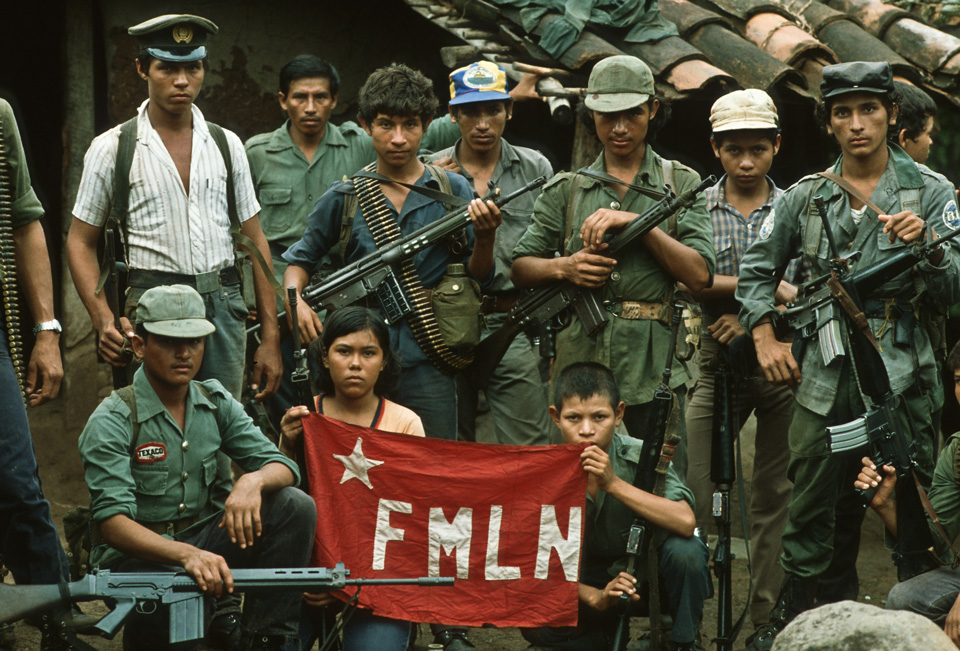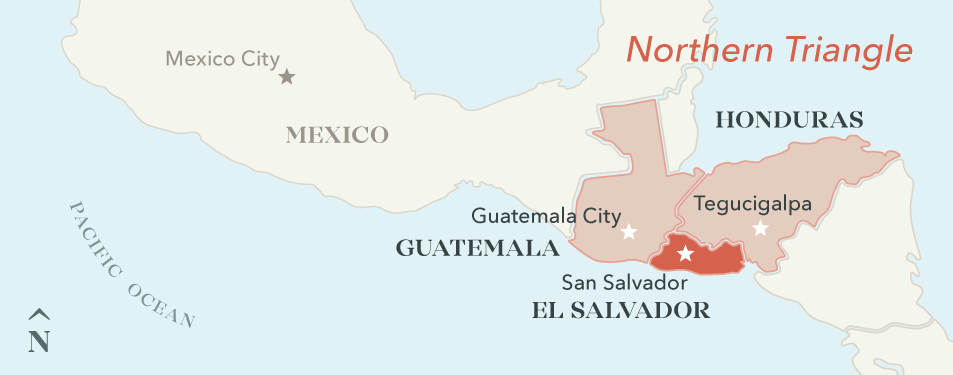Hi, Ms. Angione,
I suppose most of us of the younger generation were as a matter of fact shocked with this year's presidential election, considering the rhetoric used by our President-Elect. The bigotry, racism, and economic promises that the Donald promised was what in my perspective intrigued many American voters specifically, rural residents to vote for him. Economic frustrations, as well as paranoia, was key in winning votes this year. It's understandable why many rural residents feel left behind in today's booming economy, most of these Americans were used to simply graduating High school, or dropping out at an early age — and simply finding work at the local manufacturing company etc. But, with the fast-paced and high-value services better known as economically knowledge jobs, it leaves rural residents out of the picture.
Furthermore, with the hardships of finding a job, rural residents develop anger, frustration, and even repugnant point of views. The frustrations of not being able to financially provide for themselves, and more importantly their families, results in people looking for a so-called hero. Coincidentally, Donald Trump's rhetoric evoked a passionate emotion and more importantly, he was the new voice for rural America. A true savior in the eyes of the forgotten Americans.
 The economic misfortunes of many Americans have led to a much greater divide between us of the urban side of America and those of the rural side. Everything from politics, education, economics, as well as sociological perspectives. What urban Americans consider acceptable, for example, gay marriage, rural America would most likely think of that as a norm. As my colleague, Ms. Angione says, "we are more divided than I ever thought" I certainly agree with her, I feel as if our country is very divided this year, considering the differences in politics between us and rural America.
The economic misfortunes of many Americans have led to a much greater divide between us of the urban side of America and those of the rural side. Everything from politics, education, economics, as well as sociological perspectives. What urban Americans consider acceptable, for example, gay marriage, rural America would most likely think of that as a norm. As my colleague, Ms. Angione says, "we are more divided than I ever thought" I certainly agree with her, I feel as if our country is very divided this year, considering the differences in politics between us and rural America.
It is honestly very sad and shocking that till this day some Americans support racism, bigotry, and sexism. I guess we don't learn from our history that these kind of beliefs aren't necessarily going to "make America great again". In fact when was America ever great? but our entitlement to speech gives us the right to speak with such hateful rhetoric, which as we saw in 2016 is still acceptable among many Americans. Ultimately, this year’s election startled me, I have to put into mind that we might be even more divided than ever. We will have to see what and how our President-Elect runs the most prestigious office in the country. Overall, I enjoyed My colleague's work and her
perspective on America’s current demographics. It was a very intellectual, informative, and eye-catching topic.
Sincerely, Alfredo Jaimes




